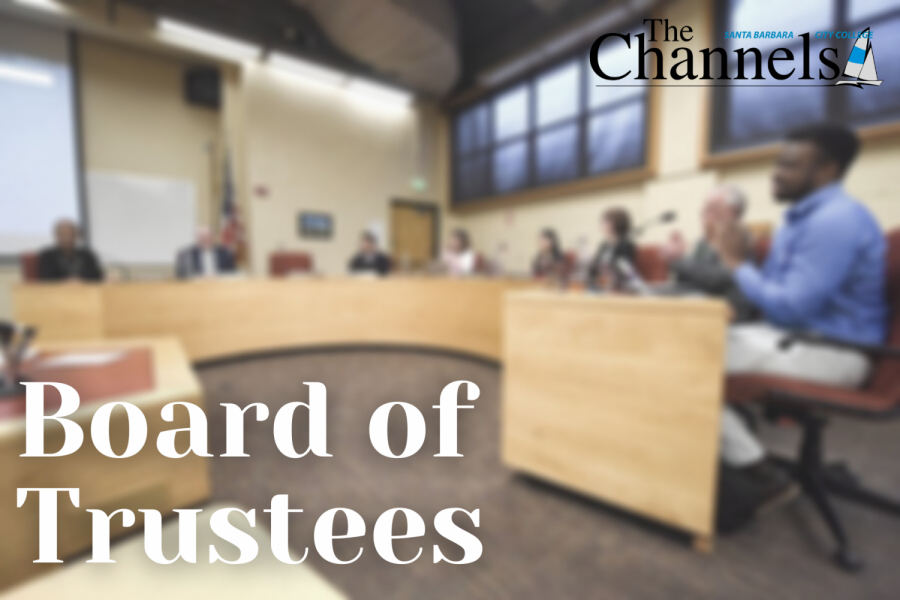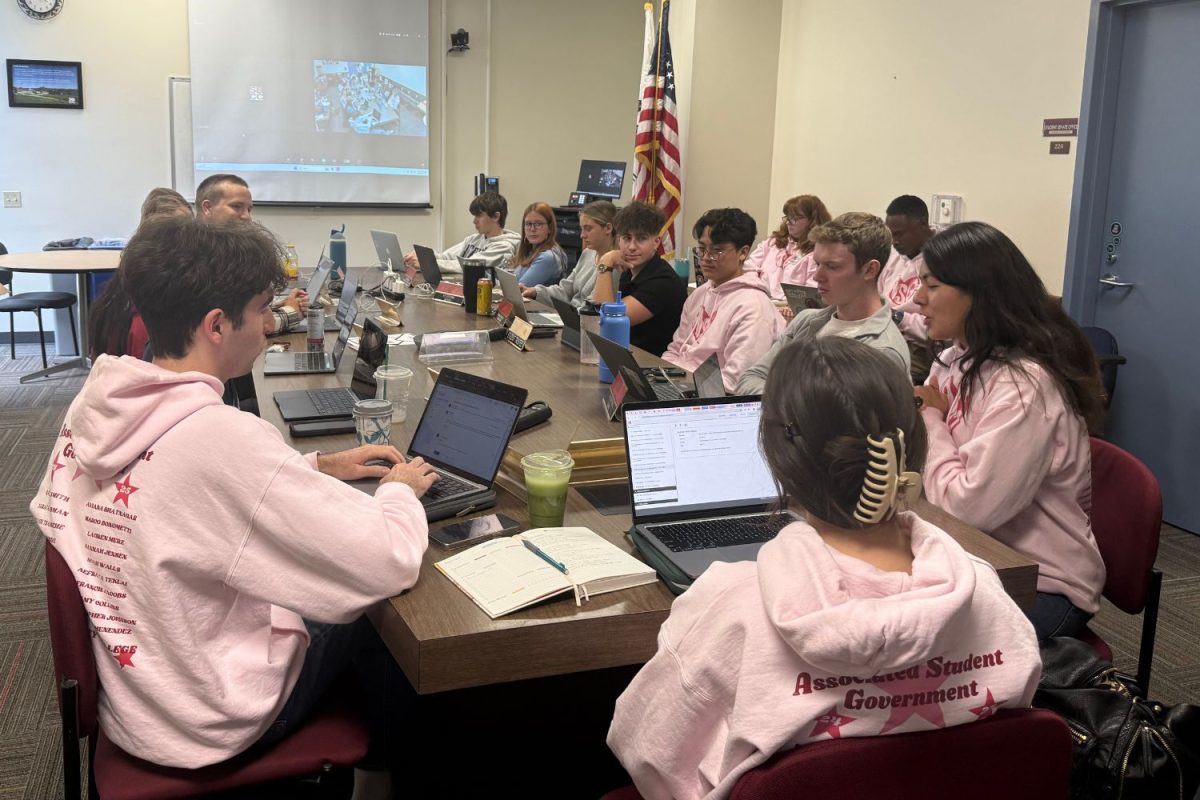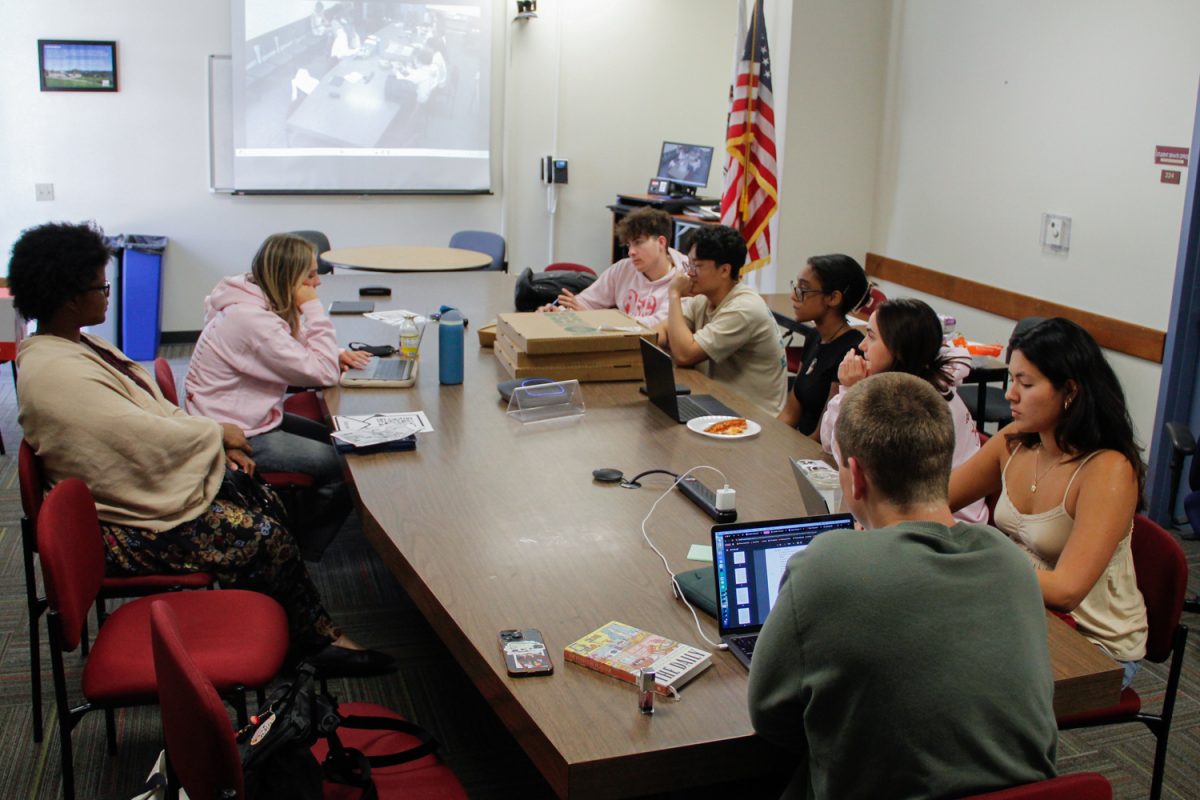On March 1, non-California resident tuition will be raised by $36 from last year’s total as decided by an unanimous vote at the Board of Trustees meeting on Thursday, Feb. 16.
The 2023-24 tuition and fees amounts to a total of $419, resulting in a 9.4% change from the previous year. This decision will affect non-California residents and international students.
Each year, California Community Colleges Chancellor’s Office provides a list of seven options of recommendations to provide each college. It is then ultimately up to the board to vote on which recommendation will pass.
“We did take one of the lower cost options,” Interim Superintendent-President Kindred Murillo said. “We were thinking about our students.”
Throughout the tuition increase decision process, there was a miscommunication between the Board of Trustees and the Associated Student Government (ASG). The issue was made apparent when the Board of Trustees did not consult the student senate before adding this action to the agenda. After the board made their position in the matter clear, Student Trustee Andrianina Rajaosera expressed her support for the vote.
At the Thursday meeting, members of the student government took the podium to advocate for the nonresident student population on campus.
Vice President of Student Affair Elizabeth Wilmer spoke to the panel about the repercussions of the tuition increase. Coming from Colorado, Wilmer acted as a spokesperson for other students attending City College from out-of-state. In Wilmer’s speech, she quoted her fellow ASG member Divya Ramesh to include her voice in the discussion.
“[City College] consistently strives to promote and present SBCC as an equitable and inclusive campus and takes pride in our large international student and nonresident student population,” Vice President of External Affairs Ramesh said. “Even though SBCC is a community college, they extend far beyond, and work with agencies and other countries to bring these students in. It is slightly negligent to do so and then fail to advocate for their needs.”
However, the board is not involved in the statewide decision for nonresident tuition increases; they are only authorized to choose which recommendation sent by the Chancellor’s Office they wish to implement.
“We don’t have a choice about how [the tuition increase] gets calculated,” Trustee Croninger said. “We have choices among the amounts that we pick and we have chosen the lowest possible amount.”
In addition, the board does not decide what the resident tuition rate is, only the annual changes in nonresident status. According to the City College website, California residents must pay a $46 per unit enrollment fee. For nonresidents and international students, the same enrollment fee applies with an additional charge of tuition and a capital outlay fee.
After the students voiced their concerns on the issue, Trustee Anna Everett commemorates the students who advocated for campus needs.
In response to the students’ previous proclamations, it was made clear that their opinions were heard.
“We are listening,” Trustee Charlotte Gullap-Moore said. “We just need you to also understand that SBCC is a kind of business and we have to pay to keep the lights on.”
Gullap-Moore sympathized with the struggles of paying for education as a nonresident college student, but also brings the humbling truth that there are tribulations that go along with running a college.
Additionally during the meeting, Murillo summarized the remainder of the hiring process for the new superintendent president which is now in full swing. On March 17 and 18, interviews will be conducted to narrow the pool of applicants. As of Thursday, the number of candidates was reduced from 38 to 15. Two more interviews will be conducted, one held on zoom, and the finalists’ interviews will be conducted in-person.
The Board of Trustees will reconvene for a regular board meeting on Thursday, March 16.










![Ken Watts uses the cable chest press machine on April 9 in Santa Barbara, Calif. "[What] people value the most in personal training is accountability," Watts said.](https://www.thechannels.org/wp-content/uploads/2025/04/MGSWatts-3-1200x800.jpg)



